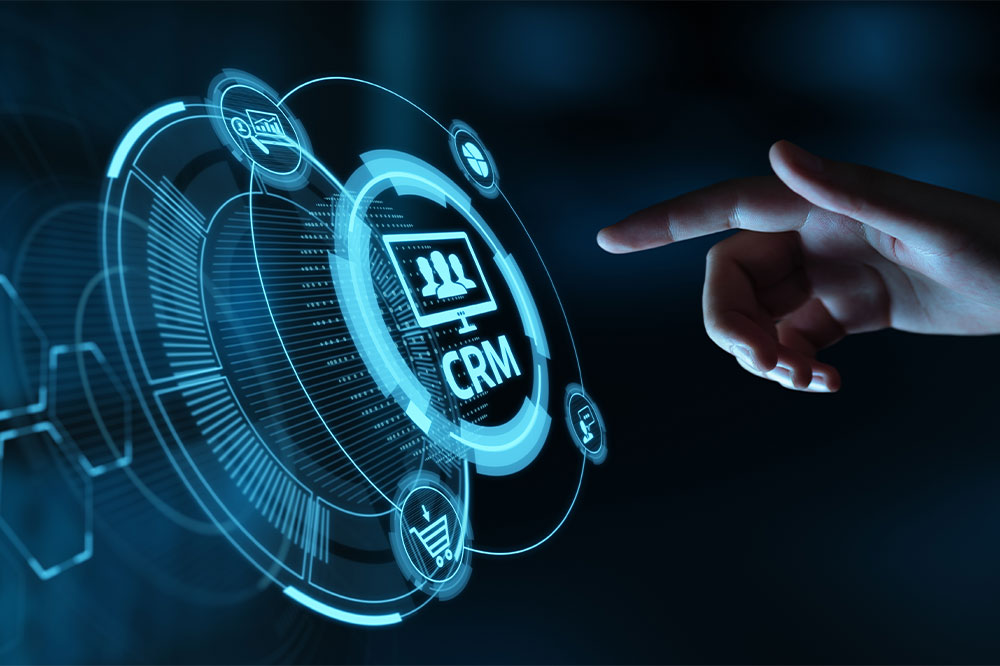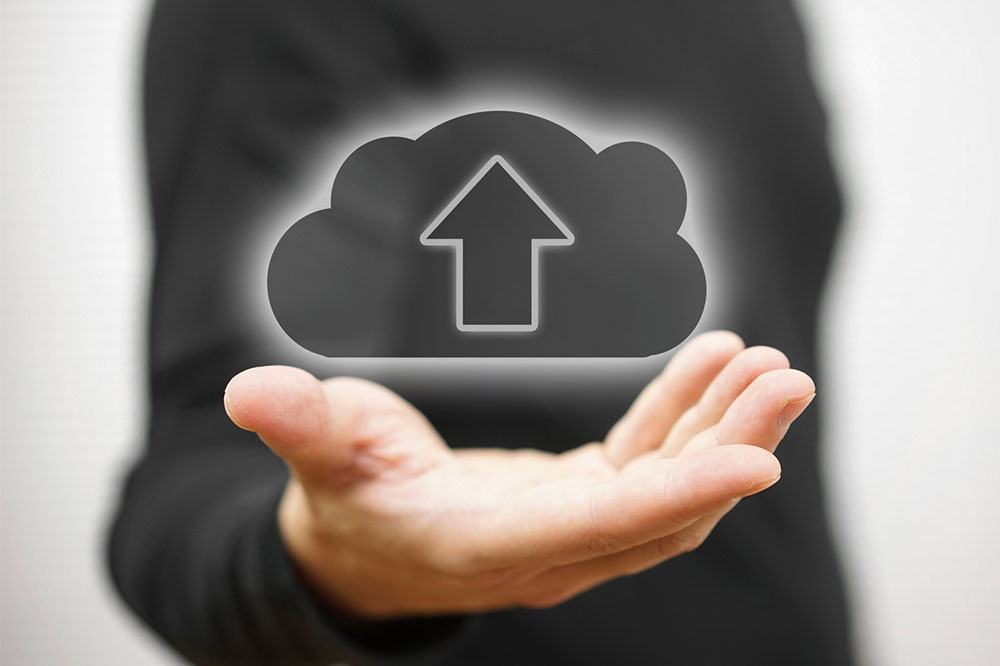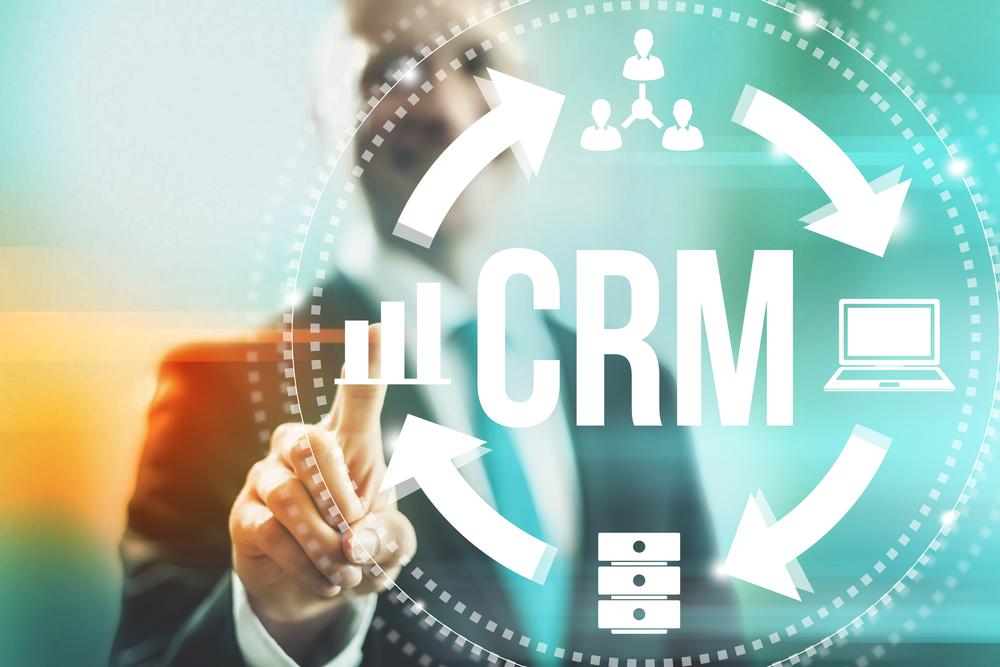Leading Customer Data Platforms and Key Features to Know
Discover top customer data platforms and their essential features in this comprehensive guide. Learn how CDPs, DMPs, and CRMs help businesses gather, unify, and utilize customer data for improved marketing, sales, and customer service. Understand the distinctions, benefits, and integration possibilities of each platform to optimize data-driven strategies and foster stronger customer relationships.

Leading Customer Data Platforms and Key Features to Know
For companies aiming to enhance marketing and customer engagement, capturing and managing customer information is essential. Such data reveals insights into customer actions, preferences, and identities. Implementing effective platforms can simplify this process. Customer Data Platforms (CDPs) and Data Management Platforms (DMPs) are vital tools that help organizations organize and utilize client data efficiently.
What is a Customer Data Platform (CDP)?
To personalize interactions and campaigns, businesses must gather detailed customer information. CDPs assist by collecting critical data from various sources, allowing companies to understand their clients better on a personal level.
This is where CDPs come into play, offering several crucial capabilities:
Data Integration
They compile vital customer information from multiple sources such as emails, social media, and websites, then organize it into a unified profile. This empowers businesses to access comprehensive details about each customer efficiently.
Real-Time Profile Updates
Most CDPs can update customer profiles dynamically, reflecting interactions like website visits or communications instantaneously, keeping data current.
Secure Data Storage
They store collected data with encryption, ensuring client privacy and boosting customer trust.
Technology Integration
CDPs should seamlessly connect with existing business tools, ensuring ongoing operations without disruption.
Flexible Data Access
These platforms typically have no restrictions on data retrieval times, enabling access whenever needed, regardless of when the data was gathered.
In addition to CDPs, Data Management Platforms (DMPs) serve a unique role. They gather data differently, mainly from third-party sources, and are suitable for advertising purposes.
Third-Party Data Collection
DMPs focus on anonymous data, including online behavior, device info, and IP addresses, rather than personal identities.
Short-Term Data Storage
The data retention is usually limited to about 90 days, ideal for immediate marketing needs.
Customer Relationship Management (CRM) Systems are also vital, helping organizations track interactions and customer histories.
Interaction Tracking
CRMs record conversations, calls, and online chats, helping understand customer preferences and responses.
Enhanced Customer Support
Maintaining detailed records allows for tailored service, cross-selling opportunities, and stronger customer relationships.
Supporting Other Platforms
CRM data can feed into CDPs to build detailed customer profiles, strengthening marketing strategies.
Using these advanced tools, companies can analyze trends, forecast consumer actions, and manage their audiences more effectively. They also ensure data privacy compliance, fostering trust. These platforms empower businesses to develop precise, impactful marketing efforts, propelling growth and customer loyalty.










